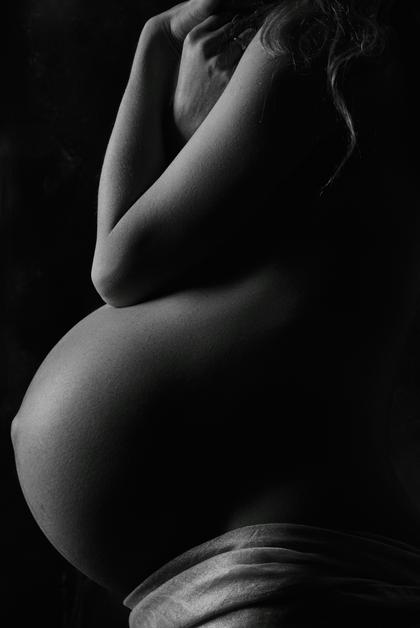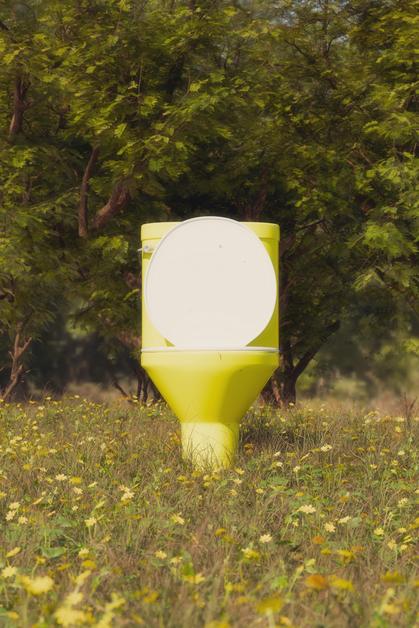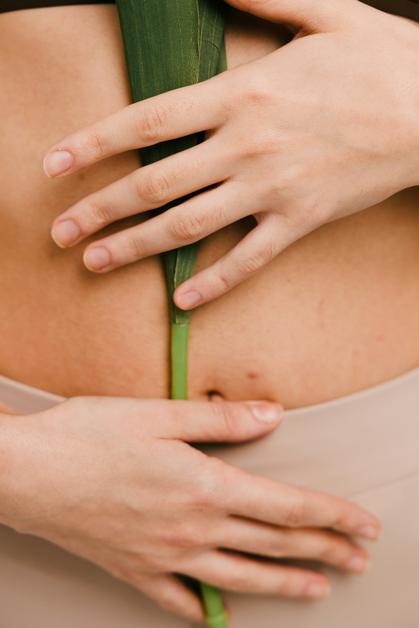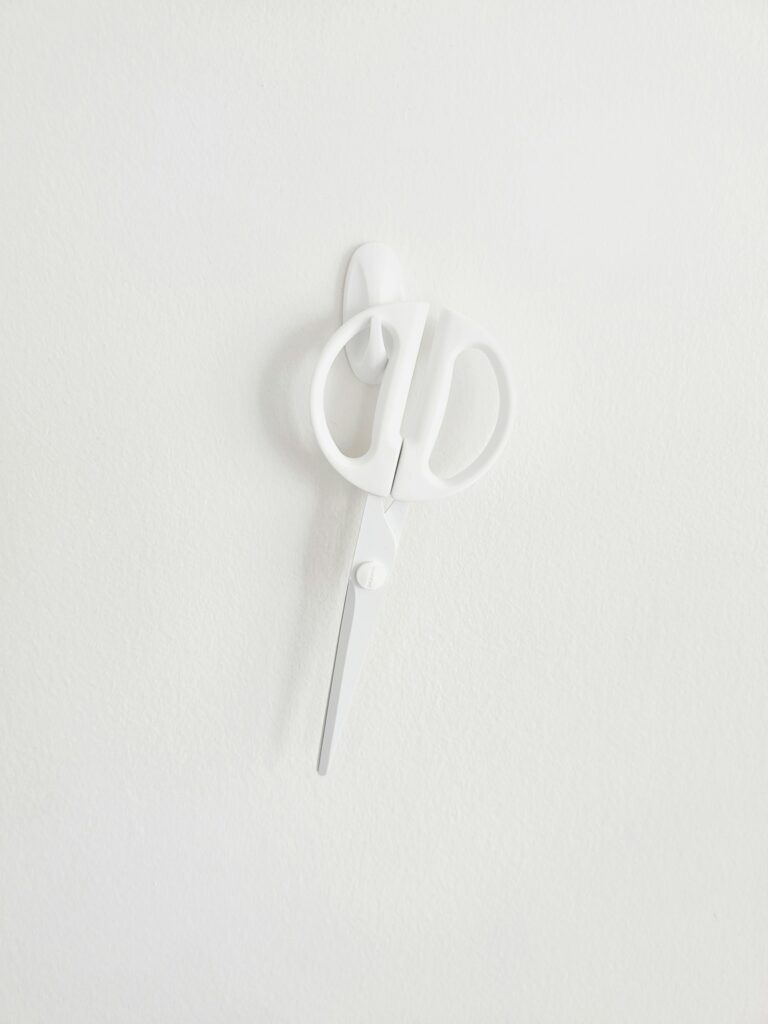An expectant parent, often quietly hoping for calm and predictable days, can suddenly find rest and relaxation overtaken by an incessant urge to scratch. Pregnancy itching—sometimes mild, occasionally relentless—often becomes a daily (or nightly) companion, quietly invading sleep, focus, and sometimes even emotional balance. Is it simply a side effect of your body’s amazing transformation, or could it hint at something that needs a closer look? For many, pregnancy itching presents itself as an unwelcome mystery: What’s normal, what needs attention, and—perhaps most urgently—how can you find relief? If you’re wondering about the triggers, safe self-care, possible risks for your baby, and the roadmap to smoother skin days, you’re not alone. Let’s unravel, together, the realities of itching during pregnancy, from first tingle to final stretch mark, with both empathy and scientific clarity.
What Is Pregnancy Itching and How Does It Affect Parents?
Pregnancy itching (known medically as pruritus of pregnancy) is a frequent visitor, knocking on the doors of nearly a third of pregnancies. While often linked to hormonal fluctuations and the dramatic stretching of the skin, it can reveal much more—sometimes acting as an early sign of underlying changes, such as intrahepatic cholestasis or subtle alterations of the immune system. The spectrum is wide: mild tickling on an expanding belly, sudden rashes on the thighs, or a burning itch in the palms that refuses to disappear. For some, this sensation is fleeting; for others, it commands attention, disrupting concentration and carving out pockets of exhaustion during what should be a time of anticipation and joy.
A pressing question emerges: How can something so seemingly ordinary as itching evoke such worry and discomfort? Beyond inconvenience, persistent or severe pregnancy itching can impact emotional well-being, alter sleep cycles, and occasionally signal medical scenarios where a timely response makes all the difference.
Why Does Pregnancy Itching Occur?
Hormonal Forces and Molecular Messengers
The dazzling choreography of hormones—especially estrogen and progesterone—orchestrates countless changes. But did you know these signals can throttle the skin’s oil production, leaving it drier, thinner, and hypersensitive? Suddenly, fabrics that once soothed now provoke, and temperature swings accentuate every minor irritation.
Skin Stretching: More Than Meets the Eye
Picture your body’s largest organ being stretched to its elastic limit. With a growing belly, breasts, hips, and thighs, the skin’s scaffolding strains, sometimes producing silvery lines known as striae gravidarum (stretch marks). This stretching also disrupts nerve endings and vascular supply—resulting not just in obvious cosmetic changes but also that persistent urge to scratch.
Microbiome Shifts and Infection Risks
Changing hormone levels ripple outwards, subtly reshaping the cutaneous microbiome—the delicate balance of bacteria and fungi on the skin and in intimate areas. For some, this manifests as yeast infections or vulvar irritation, complete with characteristic burning or abnormal discharge. While often benign, these symptoms can sometimes foreshadow more significant imbalances or require intervention.
Unique Pregnancy Dermatoses
A variety of pregnancy-specific skin conditions can suddenly make their debut, catching parents off guard:
- Polymorphic eruption of pregnancy (PUPPP): Red, itchy plaques, often on the abdomen, arriving in late pregnancy.
- Intrahepatic cholestasis of pregnancy (ICP): A systemic disorder where bile flow is disrupted, causing intense night-time itching (especially on hands and feet) and raising risks for your baby.
- Atopic eruption, prurigo, pemphigoid gestationis, pustular psoriasis: Each with their own subtle presentations—blisters, bumps, or widespread rashes—sometimes in need of tailored, medical treatment.
Allergies and Systemic Illnesses
Still searching for answers? It’s possible mundane culprits—food or drug allergies, insect bites, liver or thyroid disorders—are quietly at play, especially in cases where pregnancy itching seems stubborn or unusual. A careful clinical eye helps separate passing irritations from rarer problems needing targeted care.
Where Does Pregnancy Itching Strike Most?
Itching reveals itself in distinct patterns, shaped by the unique topography of pregnancy.
- Abdomen: The bullseye for most itching, stretched and exposed to constant movement.
- Breasts and areolas: Suddenly heightened sensitivity, sometimes described as “electric,” with the dual challenge of hormonal surges and physical expansion.
- Hips and thighs: Further stretching creates dry, uncomfortable patches.
- Palms and soles: Night-time itching in these areas, and in the absence of any visible rash, should prompt a doctor’s review—this can suggest cholestasis.
- Genital and anal regions: Susceptible to infections, hemorrhoids, or disruptions in the vaginal flora.
- Generalized areas: Widespread, unexplained itching—especially if arms, back, or face become affected—may reflect broader skin or internal health conditions.
The Ripple Effect: Daily Life and Well-Being
Who could imagine that a seemingly minor itch might upend sleep, drain patience, or transform simple routines into ongoing challenges? Pregnancy itching can trigger evening restlessness, daytime distraction, or physical discomfort radiating through days and nights. Sleeplessness is common; temporary skin wounds or even mild infections may follow repeated scratching. Sometimes, scars linger, silent reminders of an intensely tactile chapter in the parenting journey.
In rare scenarios, this itch is more than skin-deep. Particularly in the context of ICP, unmanaged symptoms carry significant risks for both parent and baby: premature birth, fetal distress, or stillbirth. For this reason, recognizing subtle warning signals becomes an act of self-advocacy.
Intrahepatic Cholestasis: When Is It More Than a Nuisance?
A sudden spotlight focuses on late pregnancy, on those troubling nights when it’s not just the belly—it’s the palms and soles that ignite with an insistent, maddening itch. Intrahepatic cholestasis is a disorder where bile acids, unable to flow properly, start accumulating—a domino effect leading to skin discomfort, jaundice, dark urine, fatigue, even pale stools. If your symptoms fit this story, prompt medical assessment is non-negotiable. Bile acid blood tests, liver function panels, and targeted therapies (like ursodeoxycholic acid) are essential, both to soothe discomfort and to protect your growing baby.
Differentiating Routine Pregnancy Itching From Warning Signs
Is it just dryness and stretching, or could something else be unfolding? Consider:
Common, benign pregnancy itching:
- Typically belly, breasts, and hips
- Comes and goes, sometimes triggered by heat or irritating fabrics
- Relieved by moisturizers or gentle skin care
- Occasional red patches or skin tightness
Signs suggestive of cholestasis:
- Late pregnancy onset
- Pronounced at night, often on hands and feet, with no visible rash
- No improvement from over-the-counter care
- Possibly accompanied by jaundice or exhaustion
When in doubt, trust your instincts. If pregnancy itching is intense, unrelenting, or affects sleep—especially with other symptoms—it’s time to call your provider.
When Should Parents Seek Medical Advice?
Immediate advice is warranted if you notice:
- Intense, sleep-disrupting itch (especially on hands or feet)
- Yellow skin or eyes, dark urine, or severe fatigue
- Persistent discharge or burning in intimate areas
- Swiftly changing red spots or unexplainable widespread rashes
Expect a partnership with your healthcare provider: blood tests (liver profile, bile acids), skin swabs, or sometimes referral to a specialist may become part of your journey. Keep a record of timing, severity, triggers, and any accompanying symptoms—it’s invaluable for diagnosis.
Timeline: How Does Pregnancy Itching Evolve?
For most, pregnancy itching begins quietly in the third trimester, peaks as the baby grows, then graciously retreats after delivery. Some may notice itching earlier, sporadically, or even throughout the pregnancy. Stretch marks fade; skin recovers. Yet, in cases of ICP or specific dermatological conditions, ongoing checks or anticipatory guidance for future pregnancies may be necessary—open dialogue with your healthcare provider is your best ally.
At-Home Relief and Lifestyle Adjustments
Can comfort be found at home? Absolutely. Science and tradition both have something to offer:
- Gentle cleansing: Use fragrance-free, pH-neutral soaps; pat skin dry instead of rubbing.
- Emollient-rich moisturizers: Shea butter, almond or coconut oil (unscented preferably), applied regularly.
- Natural and loose clothing: Soft cotton, linen, or bamboo allow the skin to breathe and prevent friction.
- Cooling measures: Consider short, cool showers and oat-infused baths for instant relief.
- Hydration and nutrition: Frequent water, a fiber-rich and low-sugar diet, nourish both skin and microbiome.
- Mild exercise: Movement improves circulation, lightens swelling, and can reduce itching intensity.
- Stress reduction: Deep breathing, mindfulness, prenatal yoga—these are powerful tools to ease both skin and mind.
- Allergy-aware laundry: Hypoallergenic detergents can reduce hidden irritants in clothing.
Medical Options for Persistent Pregnancy Itching
If home remedies fail, medical solutions abound, always balancing benefit and safety.
- Topical corticosteroids: Prescribed creams tame more severe eruptions (use moderately, under guidance).
- Antihistamines: Select options may be appropriate if sleep is shattered by itching.
- Antifungals or tailored therapies: For diagnosed infections or rare skin disorders.
- Ursodeoxycholic acid: Lifesaving for confirmed ICP, with regular monitoring.
- Caution: Avoid unproven remedies and essential oils, particularly as your pregnancy nears term—always consult a professional first.
Treatment is rarely “one size fits all”—recommendations shift to fit the cause and your personal story.
Preventing and Soothing Pregnancy Itching
Is there a secret to prevention? While genes and hormones set much of the stage, every thoughtful gesture helps:
- Frequent, targeted moisturizing
- Lower sugar intake, fiber-rich meals
- Consistent hydration with water
- Kind-to-skin laundry products
- Lukewarm, brief baths (never hot)
- Rituals of relaxation—reading, gentle movement, quiet time
Small routines, repeated day after day, cushion the body’s transitions and reduce discomfort.
Psychological Effects and Seeking Support
Sleep loss. Frustration. An undercurrent of anxiety—pregnancy itching becomes a silent player in emotional wellness. Consistent routines, gentle self-care, and stress-reducing activities build resilience. Conversations with healthcare providers, support from family, or even help from a professional counselor can provide both comfort and perspective. Many parents find solace in community—sometimes just putting words to a common struggle eases its weight.
Key Takeaways
- Pregnancy itching is common, usually benign, and deeply tied to the normal changes of pregnancy.
- Be attentive to intense, night-predominant itching especially if it targets the hands or feet, or appears alongside symptoms like jaundice or profound fatigue—these warrant medical review.
- Daily moisturization, gentle hygiene, breathable fabrics, and balanced nutrition are your allies in comfort.
- Medical techniques—ranging from topical treatments to specific medications—provide options if at-home solutions aren’t enough.
- Awareness, proactive self-care, and ongoing dialogue with your healthcare team help ensure peace of mind.
- Professionals and evidence-based resources are available to empower and reassure you throughout this journey—discover personalized tips, support, and free health questionnaires with the Heloa app.
Every parent’s skin—and journey—tells a unique story. Trust your intuition, embrace knowledge, and never hesitate to reach out for guidance or comfort.
Questions Parents Ask
What foods can make pregnancy itching worse?
Some foods may exacerbate skin sensitivity or itchiness during pregnancy, especially if there is an underlying allergy or sensitivity. Foods that are highly processed, spicy, or rich in artificial additives can sometimes trigger skin irritation. Additionally, excessive sugar intake may influence inflammation and worsen itching for some parents. Opting for a balanced diet, favoring whole foods and staying well-hydrated, often helps maintain skin comfort and overall well-being.
Is pregnancy itching a sign of twins or multiple pregnancy?
Itching does not reliably indicate a twin or multiple pregnancy. While hormonal changes and greater skin stretching can be slightly more pronounced in expectant parents of multiples, the sensation of itching itself is not specific to carrying more than one baby. If you are experiencing intense or unusual itching, especially without a visible rash, it is important to discuss it with your healthcare provider for tailored guidance.
Can using coconut oil help with pregnancy itching?
Coconut oil is often appreciated for its moisturizing properties and can be soothing for dry, tight skin during pregnancy. Applying a thin layer to affected areas may help reduce the sensation of itching, especially if the skin feels particularly dry or stretched. Many parents find that gentle, unscented options provide comfort and are well-tolerated, but as with any new skincare product, trying a small test patch first is always a wise step.
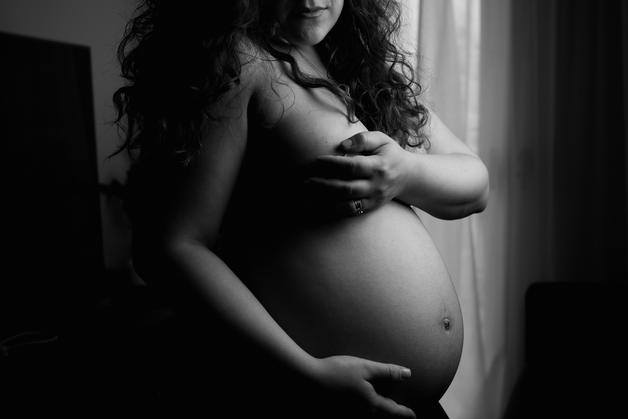
Further reading:

